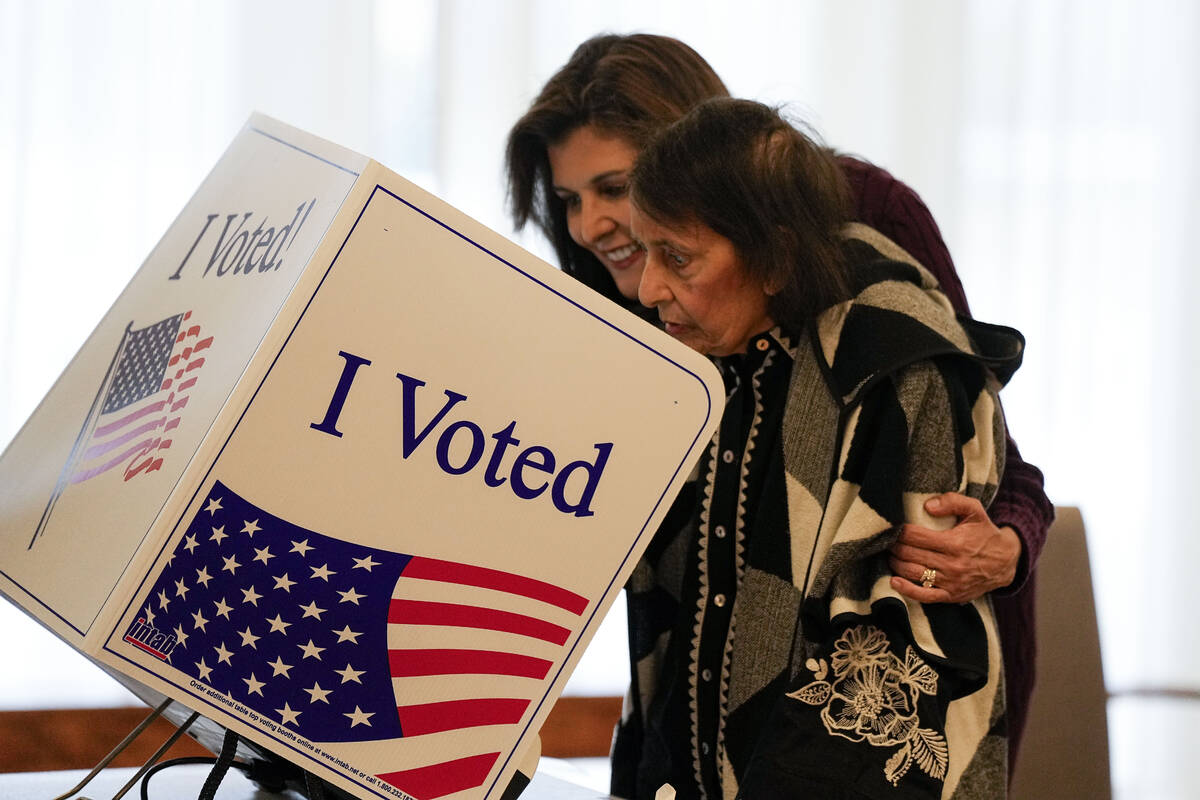EDITORIAL: Arizona initiative would rein in the regulatory state
Unelected bureaucrats pose one of the biggest threats to personal freedom. Their weapon of choice is regulation. This November, voters in Arizona have a chance to disarm them.
Proposition 315 is an Arizona ballot measure that would require legislative approval for regulations that cost more than $500,000 over five years. The Arizona Legislature sent it to the ballot after Gov. Katie Hobbs vetoed similar bills. It’s modeled after the Regulations from the Executive in Need of Scrutiny (REINS) Act that was introduced in Congress. Several states have enacted similar laws. When he was an assemblyman in 2021, Controller Andy Matthews introduced a similar bill in Nevada, but it didn’t pass.
The administrative state has become a de facto fourth branch of government at the state and federal levels. It’s not supposed to be that way. As you may recall from high school civics class, there are three branches of government. They each have different roles and responsibilities. This is called the separation of powers, which allows each branch to check and balance the others. The Founding Fathers were wisely concerned about too much power being concentrated in one branch. That’s the path to tyranny.
The legislative branch makes the laws. The executive branch implements the laws. The judicial branch interprets the laws and applies them to specific cases.
But for decades, the legislative branch has delegated much of its law-making to bureaucracies in the executive branch. For instance, Congress passed the Clean Air Act in 1970 and has revised it a couple of times since. But instead of Congress setting standards about pollutants, it told the EPA, an administrative agency, to do it.
That means the executive branch is making the new rules. These regulator interpretations function as laws that Congress never voted on. This is how the EPA can regulate gasoline-powered cars out of existence without a congressional vote.
The sad fact is that many members of Congress and state legislatures are happy with this arrangement. It allows them to pass bills without facing accountability for the unintended consequences. The losers in this arrangement are voters who can’t fire bureaucrats at the ballot box.
There is, of course, a need for regulation. But those decisions should largely be made by the legislative branch, not left to the whims of executive branch functionaries eager to expand their dominion.
Arizona’s Proposition 315 finds that balance. If the cost of a regulation is small enough, it can go into effect immediately. If not, it needs legislative approval. This is an important step to restore the separation of powers. Nevada should follow suit.

















